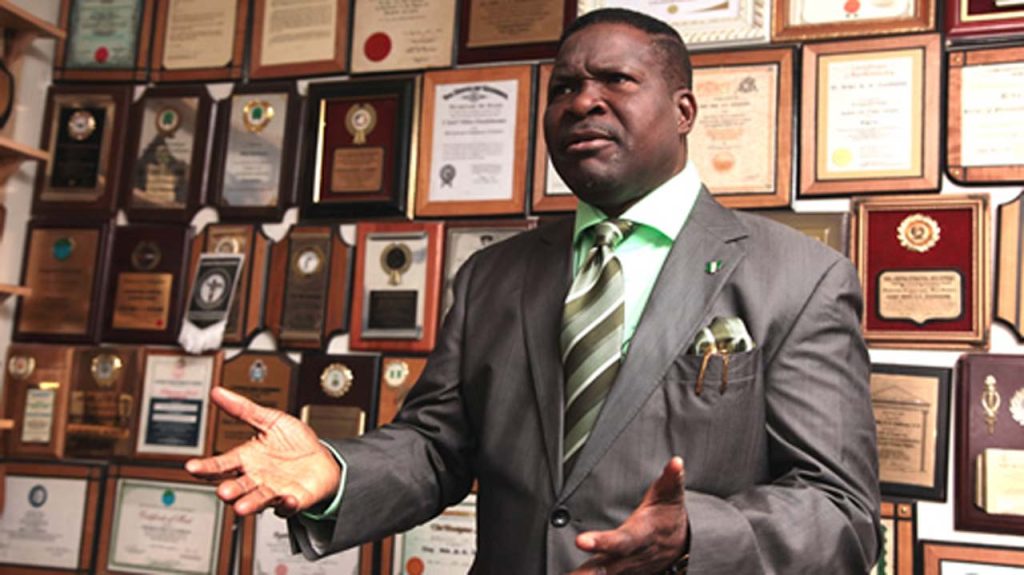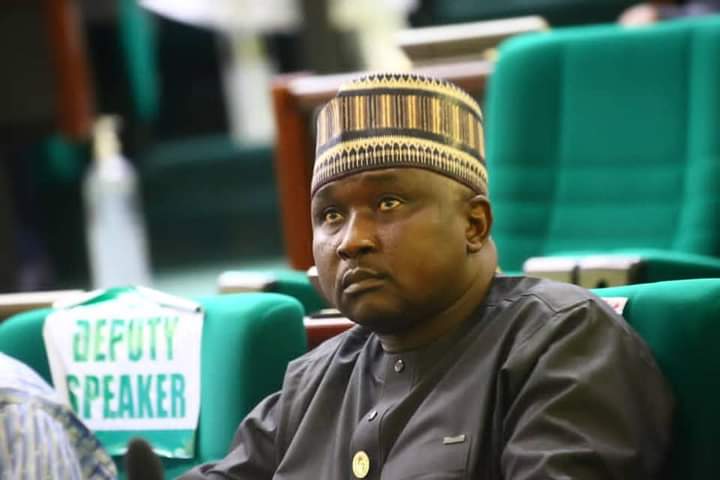Nigeria’s Minimum Wage Increase Nullified by Naira Devaluation, Says US Government
The United States government has stated that the recent increase in Nigeria’s minimum wage, announced by President Bola Tinubu in July 2024, has been effectively nullified by the country’s ongoing naira devaluation. According to the US Department of State’s Bureau of Democracy, Human Rights, and Labour, the National Minimum Wage (Amendment) Act 2024, which doubled the minimum wage to N70,000 ($47.90) per month, has been eroded by currency depreciation.
Released on August 12, the Country Reports on Human Rights Practices for 2024 highlights the challenges faced by millions of Nigerians struggling with worsening poverty and inflation. The report notes that many Nigerians were excluded from the increment, as some states have yet to implement the new wage, while employers with fewer than 25 workers are not mandated to comply.
The report states, “Many employers had fewer than 25 employees, so most workers were not covered. Some states declined to implement the minimum wage law, citing financial constraints.” This means that despite the announced wage increase, many Nigerians will not benefit from it.
The naira devaluation, a consequence of Tinubu’s economic policies, including subsidy removal and exchange rate unification, has placed the minimum wage below the poverty income level. Tinubu had announced that the N70,000 minimum wage would be reviewed every three years instead of five, but the devaluation has already rendered the increase ineffective.
The US government’s report highlights the need for Nigeria to address its economic challenges and ensure that its policies benefit all citizens, not just a select few. The country’s ongoing struggles with poverty, inflation, and inequality underscore the importance of effective governance and economic management.
As Nigeria continues to navigate its economic challenges, it is essential to consider the impact of policies on its most vulnerable citizens. The US government’s report serves as a reminder that economic policies must be designed to benefit all Nigerians, not just a privileged few.



